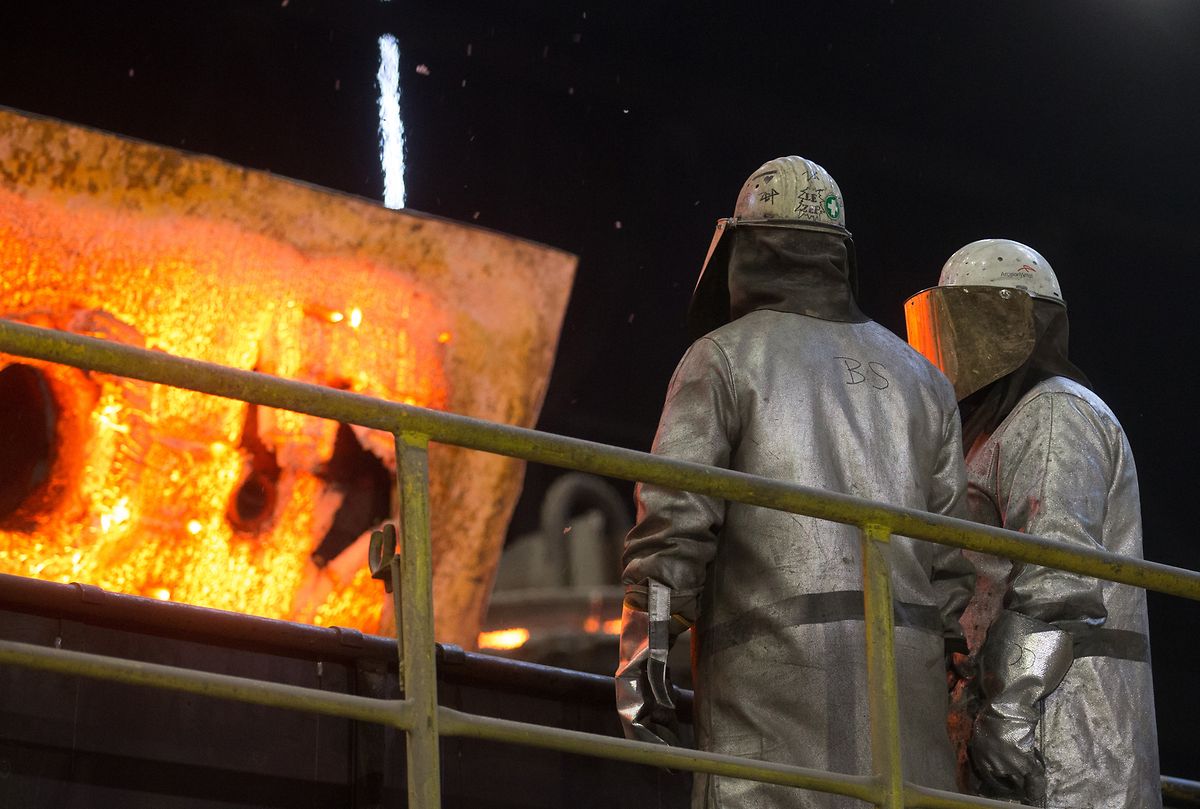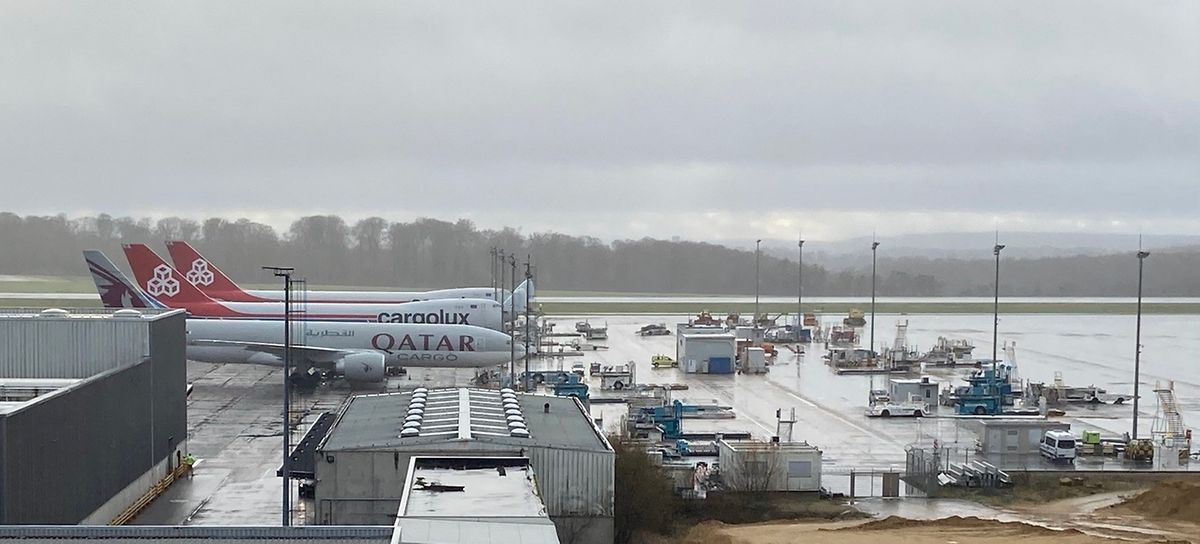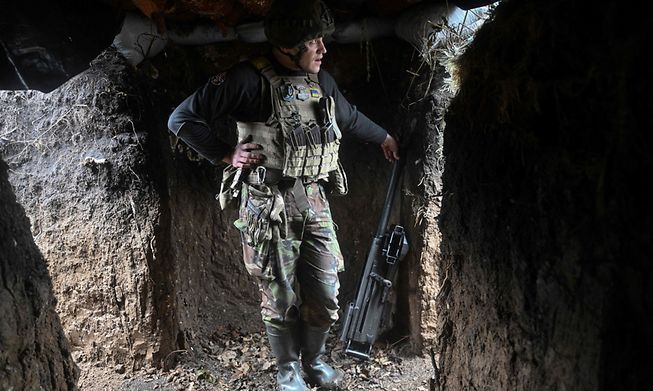2022 in review
Moscow’s war on Ukraine rippled through companies at work on the ground and in the skies
Moscow’s war on Ukraine rippled through companies at work on the ground and in the skies
Photo credit: AFP
A deadly war on the edge of the European Union that raged for almost all of 2022 in Ukraine was the year’s biggest story – not least for how it hit Luxembourg businesses.
Gas and electricity prices increased sharply as Russia threatened to cut off supplies to retaliate for EU sanctions, pressing Luxembourg’s government, companies and labour unions to quickly alleviate the pain and freeze the cost households pay for electricity for next year.

Clearstream Bank CEO Philippe Seyll
Emery P. Dalesio
Here are some of the effects of the war on business in Luxembourg.
Steel impact
Russian rockets killed a foreman at a massive site of Luxembourg-based steel giant ArcelorMittal in Ukraine, where it employs 26,000 in peace times. The company is holding on despite the fighting, hoping to gain access to EU customers from a place where labour costs are low when the war is over.
The war also hit ArcelorMittal’s bottom line. Its profits fell by almost 80% over the summer as auto makers, skyscraper-builders and other customers quit buying in anticipation of a looming recession, the company said.

Workers at the former ArcelorMittal steel mill in Belval in December 2016
Chris Karaba
This summer, ArcelorMittal resumed shipping steel into Russia from Kazakhstan. EU trade sanctions banned imports from Russia, but didn’t restrict shipments into Russia.
Airline companies
Luxembourg cargo airline Cargolux was the first in its industry to charge a war fee, a surcharge tacked onto customers’ bills for having to fly around Russian airspace on journeys to and from its second home in China.
The re-routing may have been behind a decision for Cargolux to seek landing rights in the capital city of Kazakhstan, which lies midway along the 9,000 kilometres between Luxembourg and Shanghai.

Cargolux and Qatar freighter jets on the tarmac at Luxembourg’s airport on 22 December
Emery P. Dalesio
Space comms
The war generated an immediate demand for satellite data capacity from NATO militaries including Belgian and Dutch armed forces, Luxembourg-based satellite giant SES said the same day that Russian forces crossed into Ukraine.















